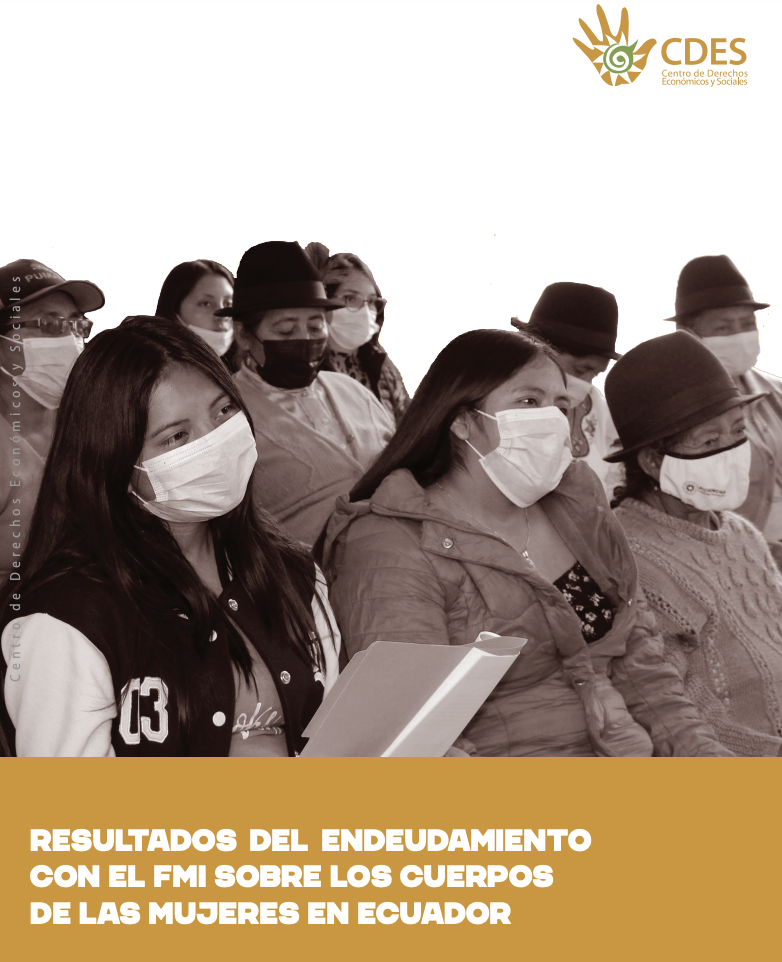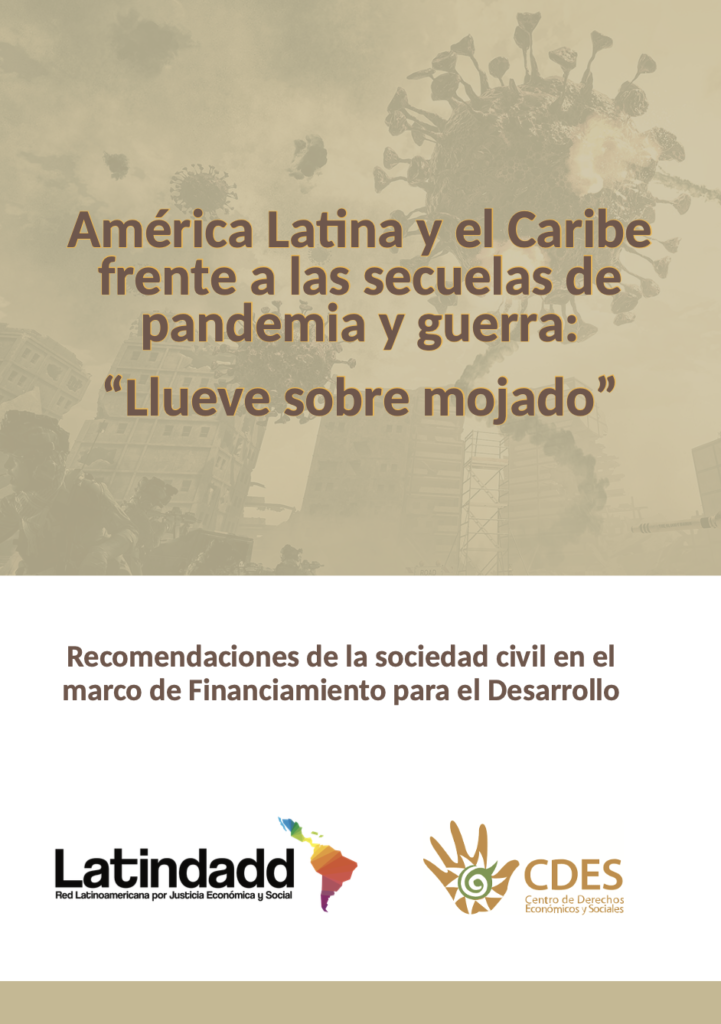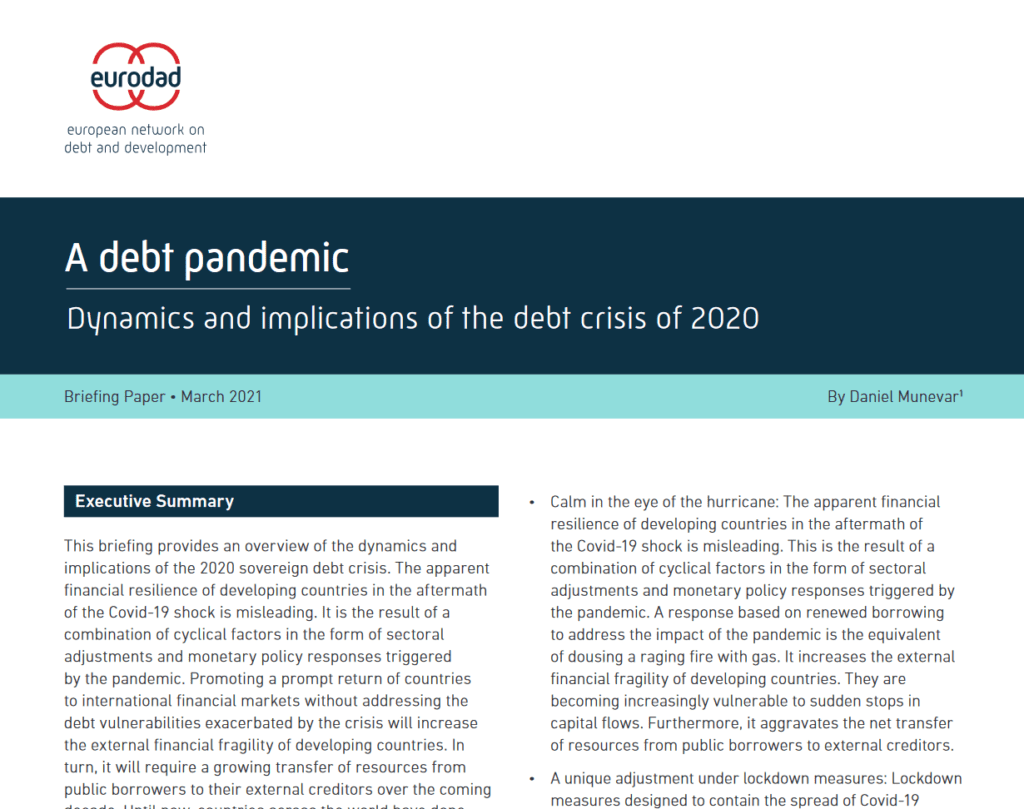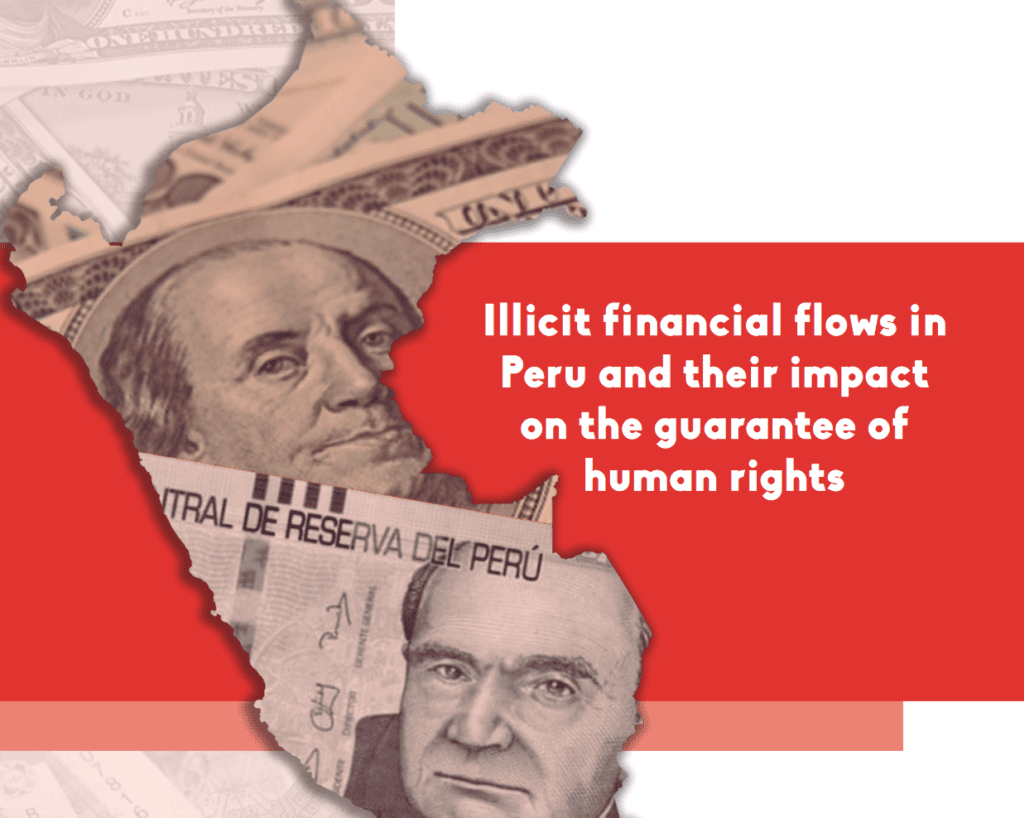This national report provides an analysis of the negative impacts of the COVID-19 pandemic on safai karmachari communities and how they were subjected to higher risks and significant challenges due to caste discrimination. The report includes several case studies that share the stories of what people from the safai karmachari community had to face in this period.
Aksi! for gender, social, and ecological justice (Aksi!) is an organization whose program, Economic Justice, strengthens the voices of women in the community in the struggle against gender and economic injustice. The country’s economic growth model, which relies on the exploitation of natural resources and labor, foreign debt, and foreign direct investment, is the root cause of the impoverishment process. This model continues to encourage the extraction and exploitation of natural and human resources. Consequently, economic inequality fuels the feminization of poverty in Indonesia.
The feminization of poverty due to structural economic inequality has received little public attention due to the limited information circulation on this issue. Much public attention and discussion are needed regarding this feminization of poverty, one of which is taxes, which generate economic and gender inequality in Indonesia. Aksi! believes that solutions to the economic justice crisis need to involve progressive tax reform to reduce income inequality and increase investment in education and skills training. However, this solution requires a holistic approach and cross-sector collaboration to create a more inclusive and equitable economic foundation.
Aksi! together with Solidaritas Perempuan (SP) had conducted a training/workshop on “Tax and Gender Inequality,” attended by 28 women from 16 provinces in Indonesia. This activity contributed to women’s understanding of taxes as a cause of gender and economic inequality.

Two years after a global pandemic, the measures of austerity have profoundly exacerbated inequalities. The dominant characteristics of austerity, which include inadequate and failed public services in education, health, social protection; income inequality driven in part by regressive taxes; and a skeletal role of the state built by privatization schemes. All this has led to a systematic erosion of the resilience of public systems, as well as of a social contract that safeguards the redistribution of wealth, resources and public goods towards equity and compliance with human rights.
This paper published by CDES examines the dynamics and implications of gender austerity in Ecuador in the context of its 27-month IMF loan program for USD 6,500 million, started in 2019 and redefined at the beginning of the pandemic in 2020 (IMF 2021). The fiscal consolidation program attached to the loan includes a wide range of measures. For example: extensive cuts in public spending focused on the health sector, relief measures labor deregulation, elimination of fuel subsidies, restrictions on ability of the central bank to finance liquidity problems in the pandemic crisis and privatization of state companies and public services, among many others.

This document was prepared by LATINDADD with the contribution of its member organisation the Center for Economic and Social Rights – CDES.
The objective of this document is to present recommendations based on the studies carried out by these organisations on the context of the region, the analysis of development processes and recommendations in this regard.
Since the early 1990s, the western world and Latin America have been implementing policies that minimize the role of the State in the economy. These policies are fiscal rules that condition the actions of the State in economic policy through rigid legal frameworks. Certainly, in the long term they have been successful in managing debt since their inception. However, these policies have not been the recipe for a broad guarantee of rights and better human development.
“Debt management in Peru: fiscal rules, rights and human rights”, is a new investigation from the Latin American Network for Economic and Social Justice (LATINDADD), produced by Jameson Alejandro Mencías, which seeks to open the door to a different understanding of macroeconomic, fiscal and debt sustainability, focusing on guaranteeing people’s rights.
In a time of multiple crises, it’s urgent that States take measures to recuperate the resources that leak through illicit financial flows (IFF).
This document attempts to estimate the revenue lost through the main source of IFF in Peru, false commercial invoicing, and analysing the way in which the States’s capacity to response to the pandemic and guarantee human rights has been adversely impacted.



